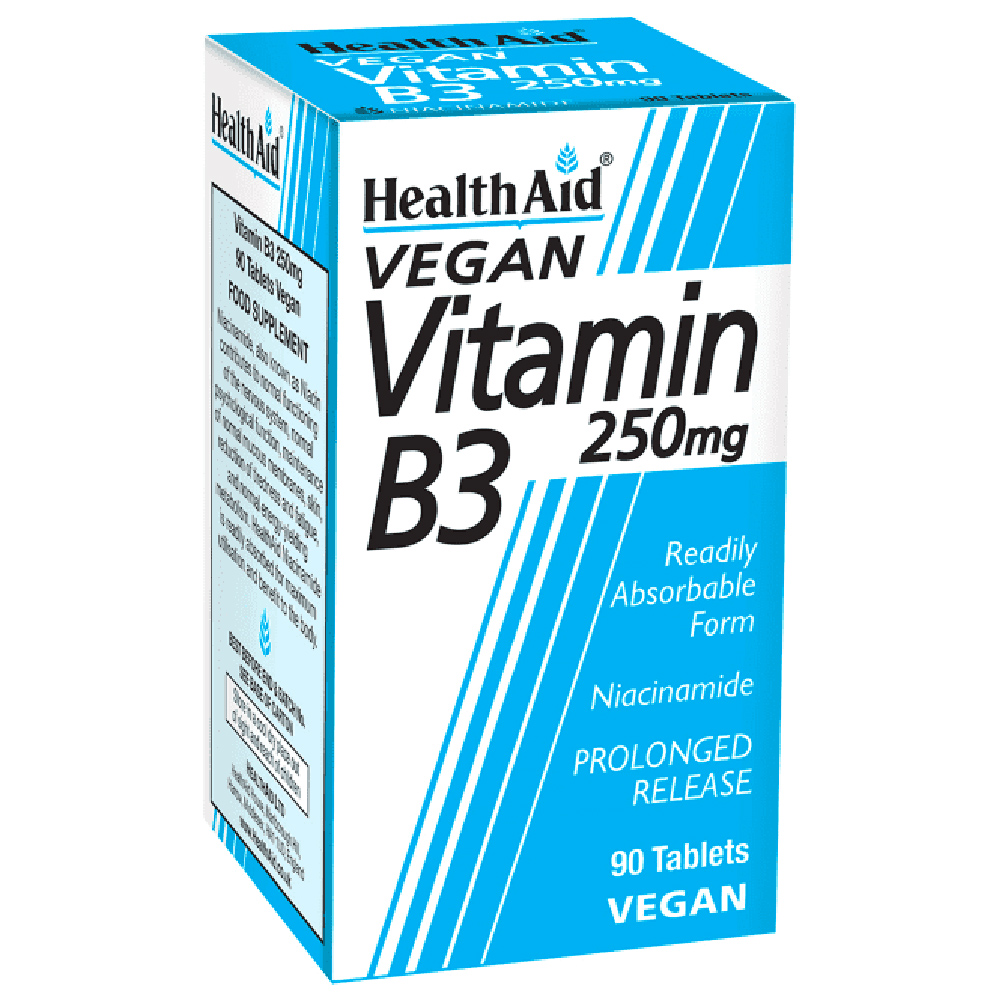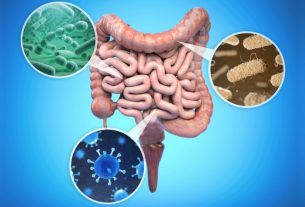Just think of one day when you cannot hear even a slight noise of the trees swaying or the phone ringing. What a terrible day, and just imagine the rest of your life moves on in the same way, slowly everything fading into thin air.
Take a second and think about a continuous ringing in your ears. Oh! what a pain! Well, there are a few vitamin supplements that help prevent noise-induced hearing loss.
- Vitamin B3 to the rescue!
Scientists have found out that Vitamin B3 is extremely essential to prevent noise-induced hearing loss. Also, the test to check whether Vitamin B3 was first done on mice. After a successful result, it was then proven that humans can also be free of such traumatic symptoms and consequences. Researchers used a chemical called nicotinamide riboside (NR) to protect the nerves that supply cochlea.

- What does the cochlea do?
It transmits sound information through specific nerves onto the spiral ganglion and then passes the message onto the brain. Yes, a communicative process that is beyond measure. When one is exposed to loud noise, it damages the nerves and the particular hair cells in the cochlea, resulting in noise-induced hearing loss.
- What does the research say?
Researchers wanted to prevent this particular hearing loss, and they began to research and investigate. They first tried their solution on mice, and the results proved to be positive and beneficial. They gave the mice NR before and after they were exposed to loud noises, and that proved to be extremely beneficial for them.
NR has proved to be effective for both short- term and long-term noise-induced hearing loss. Also, NR worked irrespective of whether it was given before or after the exposure.
It not only prevents hearing loss, but it does have many other benefits as it protects the nerve cells. The researchers chose this particular component because it is the precursor to a particular chemical compound called nicotinamide adenine dinucleotide. Which protects the nerve cells of the cochlea from any sort of injury? However, this compound is unstable.
- Hearing loss and tinnitus
Hearing loss can lead to tinnitus. The medical term used for hearing loss is presbycusis.
It is caused by a particular blockage or ear condition that affects the outer ear or the middle one particularly. This stops the sound waves passing into the ear, also called a conductive type of hearing loss. However, tinnitus is basically a sound in the ear, a ringing in the ears that can affect people chronically, resulting in stress or depression.
There is also a third type of hearing loss, which is a mixed hearing loss. This type is a combination of sensorineural and conductive as well. However, hearing loss and tinnitus can be cured.

Tinnitus is a particular ringing in the head with no external source. Many say that it is a ringing sound but, for some of them, it is mainly whistling or buzzing or hissing, humming, chirping, and so on. The sound may seem to come from one ear or even from both. But it is uncontrollable. It may be pulsating, constant, or intermittent.
Facts say that everyone experiences tinnitus after listening or exposure to loud noise. For instance, after one visits a fairly loud concert, they believe in having ringing in their extremely uncomfortable ears, but it does disappear after a while.
Conclusion
Take precautions, visit a doctor, and stay healthy. Your ears are as important as any other sensory system.


